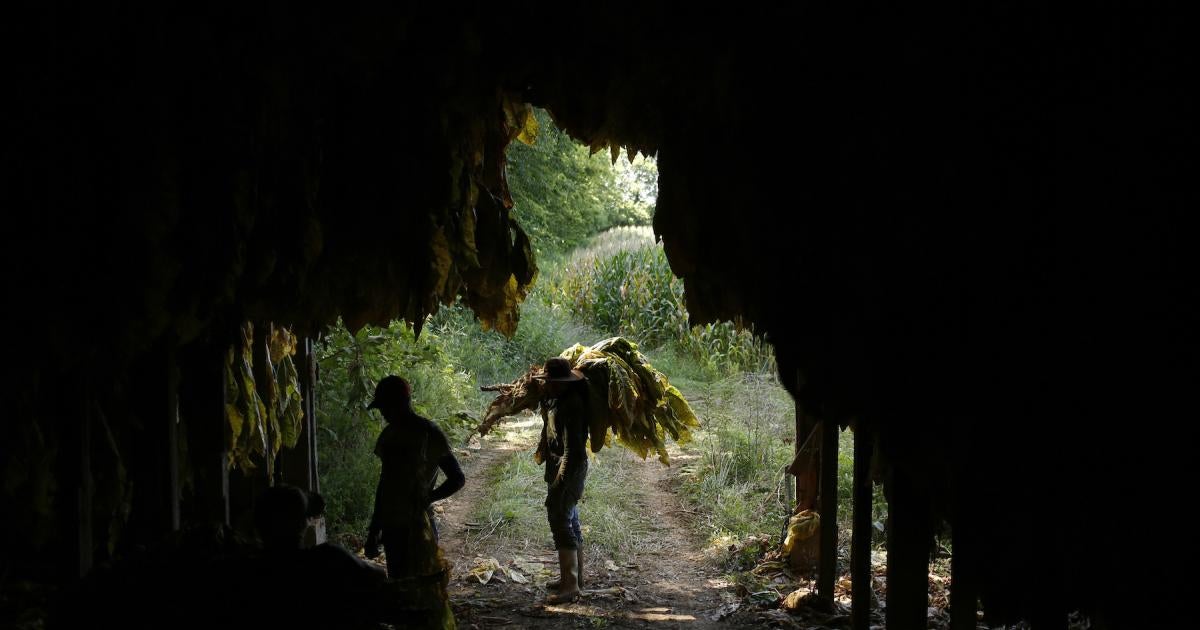United States Congress members are introducing legislation today to help address the longstanding problem of child labor on US farms. Their move, on World Day Against Child Labor, comes as the US grapples with a rise in child labor.
I’ve interviewed many children involved in hazardous child labor on US farms over the last 10 years. They’ve shared heartbreaking stories of working long hours in terrifying conditions.
Agriculture is the deadliest industry for child workers in the US, yet labor law allows children as young as 12 to work legally on farms of any size for unlimited hours, as long as they don’t miss school. In all other sectors, 16 is the basic minimum work age and 14- and 15-year-olds can only work for limited hours in certain jobs. In addition, child farmworkers can do work considered hazardous at age 16, while workers in any other sector have to be 18 to do hazardous work.
Latinx children and families disproportionately bear the burdens of these weak protections.
Two important bills out today would close these gaps.
The Children’s Act for Responsible Employment and Farm Safety (or the CARE Act), led by Representatives Raul Ruiz of California and Raul Grijalva of Arizona, would provide child farmworkers with the same workplace protections as all other working children. It would set a minimum employment age at 14 and a minimum age for hazardous work at 18 – the same standards set for other industries. Children working on family farms are exempt from the bill and could still begin working at any age.
Another bill, the Children Don’t Belong on Tobacco Farms Act, led by Representative Rosa DeLauro of Connecticut and Senator Richard Durbin of Illinois, would ban children under 18 from hired work on tobacco farms. Work with tobacco is especially dangerous to children because the leaves contain nicotine, which can be absorbed through the skin and cause acute nicotine poisoning.
Congressional efforts to strengthen federal labor law come as many states are attempting to rollback child labor protections with policy changes that could be disastrous for children’s health and safety.
Strengthening US labor law will not eliminate child labor overnight, but it is one essential part of the solution, along with paying farmworkers a living wage, protecting labor rights and unions, and establishing strong social protection programs to alleviate economic hardship.
Congress should enact both bills to bring the US closer to ending child labor and defending children’s rights.



